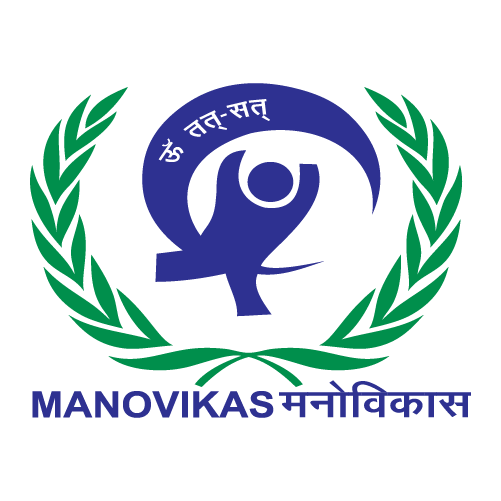विकासात्मक दिव्यांगता वाली लड़कियों के लिए यौन शिक्षा और प्रजनन स्वास्थ्य देखभाल प्रशिक्षण
लड़कियों ने यौन शिक्षा का पूरा ज्ञान प्राप्त किया और अपनी लैंगिक समानता और अपनी जिम्मेदारियों को सीखा। मासिक धर्म से संबंधित समस्याओं को जानना और उनसे निपटना सीखा, जैसे व्यक्तिगत स्वच्छता और सैनिटरी नैपकिन का उपयोग के बाद सुरक्षित

